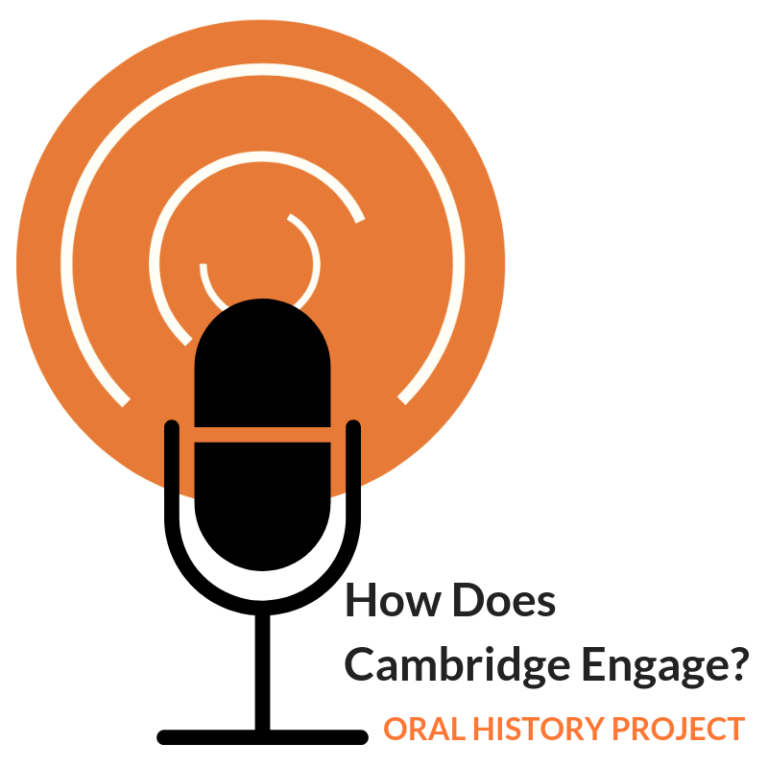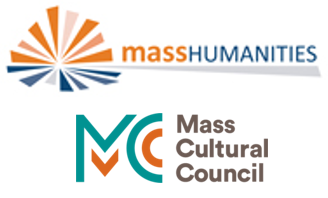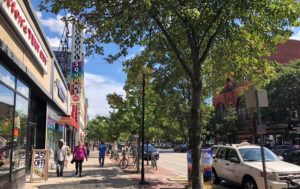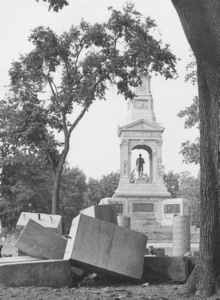
The Cambridge Historical Society has launched an oral history project, in partnership with the Margaret Fuller Neighborhood House and The Loop Lab. This summer, “Sweet Souls, Voices from the Margaret Fuller Neighborhood House in Cambridge” will be documenting the life stories of twelve people, or “narrators,” closely affiliated with the 117-year-old settlement house in the Port, using audio recordings and written transcripts. “Sweet Souls” is made possible through a $7,500 Mass Humanities grant, awarded to the Society in March.
The childhood home of Sarah Margaret Fuller, a noted author, feminist, and Transcendentalist, the Margaret Fuller Neighborhood House (MFNH) was established in 1902 as one of the first settlement houses in the United States. At the time, Cambridge factories were staffed mostly by recent immigrants, and their living conditions, in boarding and tenement houses, were dire. In keeping with the spirit of the Settlement House movement, MFNH was designed as an outpost of education and culture for these workers, and to ease class tensions.
In the years since its founding, MFNH has maintained the basic goals of a Settlement House: “To provide focus, education, recreation, and orientation for its surrounding community; to be the socializing vehicle whereby the middle class and working class could meet…” Volunteers and staff supplied food and clothing for women; organized day and rest trips for mothers; and helped women to find employment. Some of Cambridge’s first ESL classes took place at the MFNH, and the city’s first “Baby clinic” began there.
In the 1930’s, boys learned wood-working at the MFNH while mothers and young girls practiced sewing and cooking. There were drama classes and community productions. In the 40’s, the house hosted a boxing ring, and in the 50’s and 60’s, teens from all over Cambridge came to Friday evening sock hops. In the early 70’s, the Black Panthers had a radio station on the third floor and sponsored Saturday morning father and son breakfasts in the basement. The MFNH was designated a National Historic Landmark in 1984.
Today, MFNH remains a vital and vibrant part of Cambridge’s Port neighborhood, providing important services and essential resources for community residents. It also provides a reminder of the Port’s social history and struggles, a symbolic focus of pride and survival in one of Cambridge’s most dynamic and diverse areas.
The “Sweet Souls” partnership brings together the constituencies of three Cambridge organizations in order to document and transmit significant local history. The history of the Fuller House provides a lens through which to trace the dynamics of Cambridge people engaging to support one another over time. “Sweet Souls” will contribute answers to the Society’s 2019 theme question, “How Does Cambridge Engage?” By listening, recording, and collaboratively interpreting these oral histories, we will gain a better understanding of how helping people meet their everyday needs can contribute to transformational change in a community.
The project will conclude in the fall 2019 with a Roundtable discussion where the narrators, the project team, and the public will discuss and interpret the twelve oral histories. Recordings of the histories, along with a video of the Roundtable, will be available on the Society’s website in early 2020.
“Sweet Souls” builds on the Society’s Caribbean Heritage in Cambridge oral history project, which resulted in interviews with nine Cambridge resident narrators who helped to answer the Society’s 2018 question “Where is Cambridge From?”
We need your help to bring this history to life! If you or people you know have been involved with the Fuller House and have stories to share, please connect us to them! To find out more please contact:
- Lynn Waskelis, Cambridge Historical Society, lwaskelis@historycambridge.org / 617-547-4252 OR
- Scott Brigante, Margaret Fuller Neighborhood House, sbrigante@margaretfullerhouse.org / 617-547-4680

This program is funded in part by Mass Humanities, which receives support from the Massachusetts Cultural Council and is an affiliate of the National Endowment for the Humanities.


